IFM chases big local infrastructure projects
The $160bn IFM Investors is looking to step up its investment in Australia, keen to work with state and federal governments.
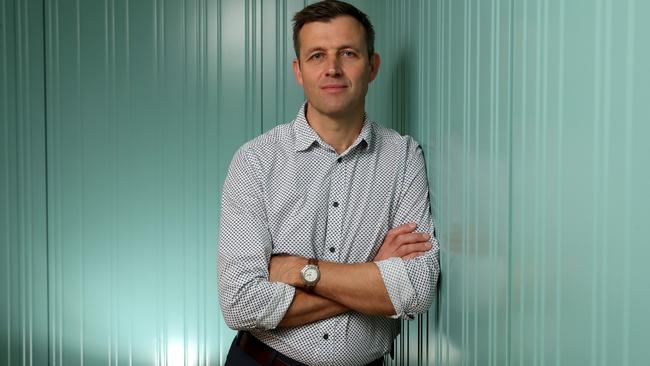
The $160bn IFM Investors is looking to step up its investment in Australia with the funds management arm of industry funds keen to work with state and federal governments on big ticket infrastructure projects to help drive the economic recovery.
The proposed $7bn airport rail link in Melbourne that IFM is hoping to secure a role in is exactly the type of infrastructure investment the funds giant is keen to support if other governments can come up with the right projects.
“It makes more sense for Australian funds to invest in Australia,” said IFM’s new chief executive, former Future Fund chief executive David Neal. “Governments have a very strong motivation and desire right now to get these things moving.”
The fund, which invests in infrastructure, debt, shares and private equity for more than 20 industry super funds and several large offshore pension funds, has $65bn in investments offshore, including major stakes in infrastructure projects in the US, Britain and Europe.
But in an interview with The Australian on Wednesday, Mr Neal said IFM was keen to work with the Morrison Government and state governments on new infrastructure projects in Australia to help stimulate the economy in the wake of the COVID-19 crisis.
“We have been really impressed with the approach that the Morrison government has made towards embracing a consensus approach to get through crisis and bringing the different stakeholders to the table of the private sector, unions and state and federal governments,” Mr Neal said. “It’s really exciting for us at IFM because it gives us the opportunity to achieve not only great investment returns for our investors and our members, but also to contribute to the Team Australia initiative.”
Mr Neal was speaking in his first interview as chief executive of IFM after spending 13 years as chief executive of the federal government’s Future Fund which also has in excess of $160bn under management.
He said IFM only had $14bn of infrastructure investments in Australia, but had the skills, capital and “intention to deliver real value” into the Prime Minister’s recovery plan. “For the economy to come out of ICU, as the Prime Minister says, we need to have some long-term projects which can create jobs and valuable economic infrastructure,” he said.
“The industry fund sector and IFM are particularly keen to be part of the Team Australia approach to the recovery.”
Mr Neal said it was already clear Australia was set to become an increasingly attractive destination for foreign investments as it was emerging from the crisis in much better shape than many other countries.
“We can demonstrate that we are able to make really strong decisions as a country that we are a strong and table country,” he said. “If you are going to put capital into a country, few would look as attractive and stable and as strong as Australia, given the way we have managed this pandemic. When you are a long-term investor, the quality of decision-making in a country matters. Australia has a strong case to attract foreign capital to these (infrastructure) projects.”
IFM’s infrastructure portfolio includes stakes in major airports around the country, a stake in NSW electricity company Ausgrid and ports in NSW.
IFM is awaiting a decision from the Victorian government on its proposal to invest $7bn in building a new rail link between Melbourne airport and the city.
“We think it is more than just a train,” he said. “We need a train to the airport, but if it is built it will unlock traffic congestion to the north and the west of Melbourne where so much of the growth is occurring,” he said.
Mr Neal said IFM also had “other levers we are pulling” to increase investment in Australia.
“We have $11bn worth of Australian equities we invest on behalf of our investors.”
He said it was using this money to invest in equity raisings in listed Australian companies as they sought funds to help them get through the crisis.
“We have the scale to be cornerstone investors to make those recapitalisations more likely to be successful,” he said.
He said IFM, which has debt investments in Australia of some $53bn, also had “pretty significant debt capacity” which could be used to help refinance corporations “as they come out of the other side of this crisis”.
Mr Neal said IFM’s potential to invest in the local market in the past had been limited by a lack of opportunities, particularly new infrastructure projects.
“We certainly hope that our Australian portfolio can grow quite significantly from this. If it does, it means there are some great nation building projects underway and we can bring our skills and capital. There is great opportunity ahead for that.”


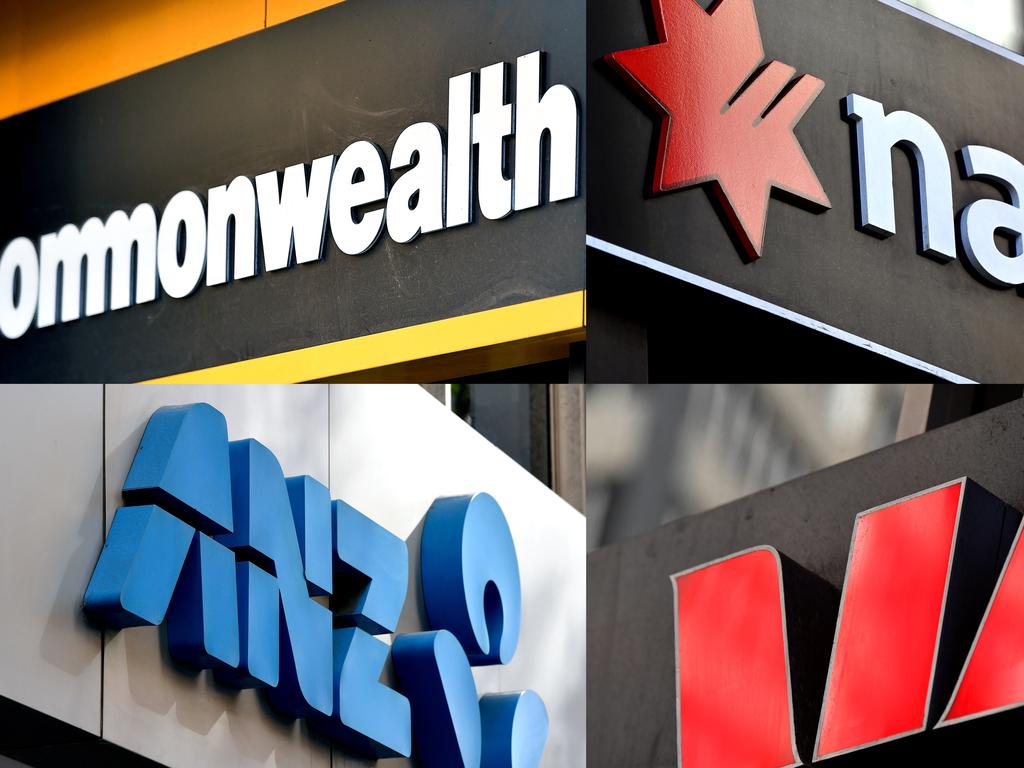
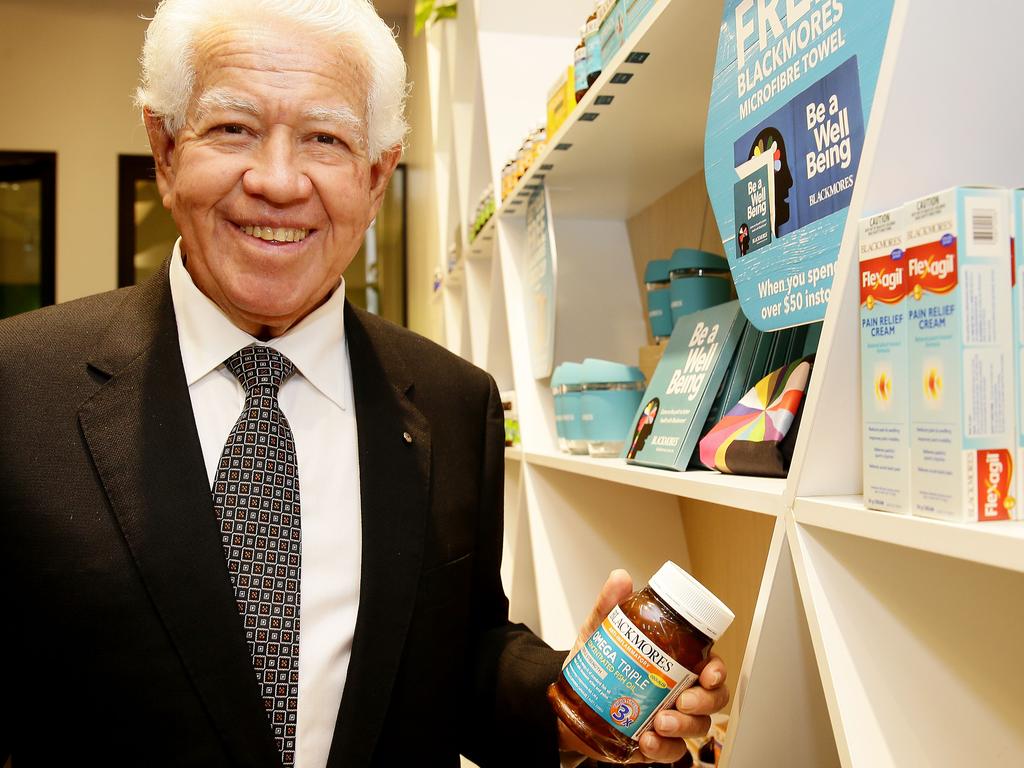

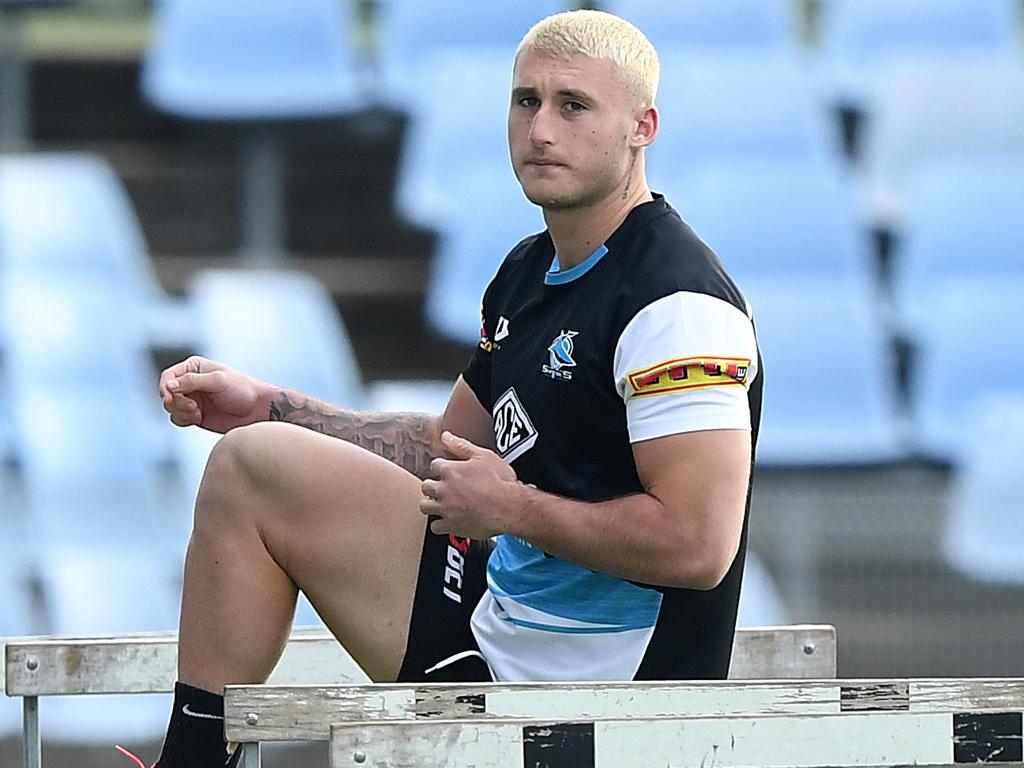
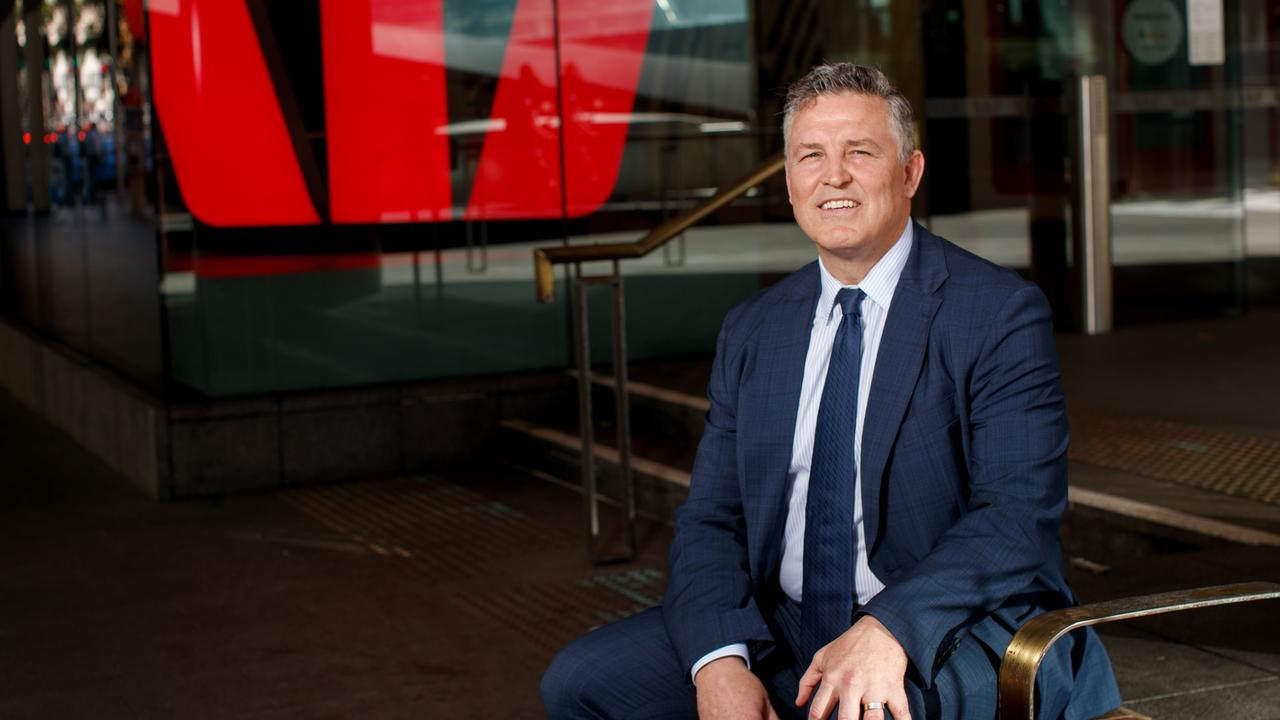
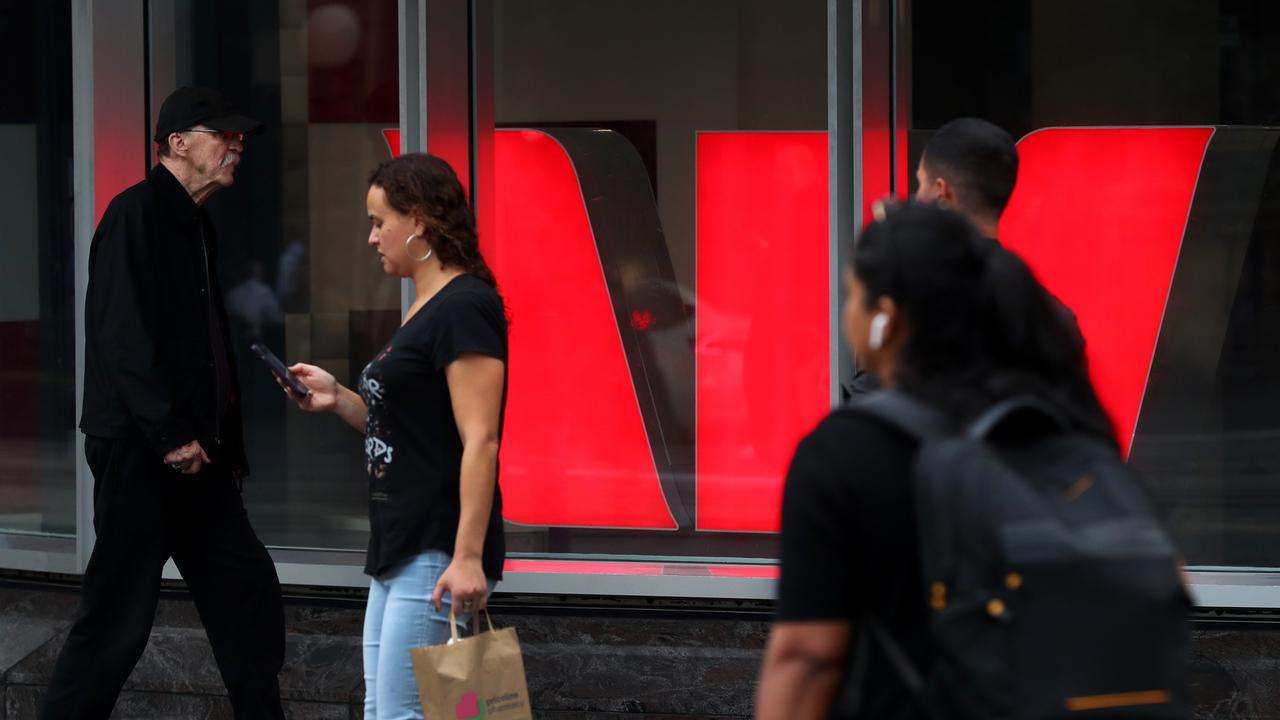
To join the conversation, please log in. Don't have an account? Register
Join the conversation, you are commenting as Logout